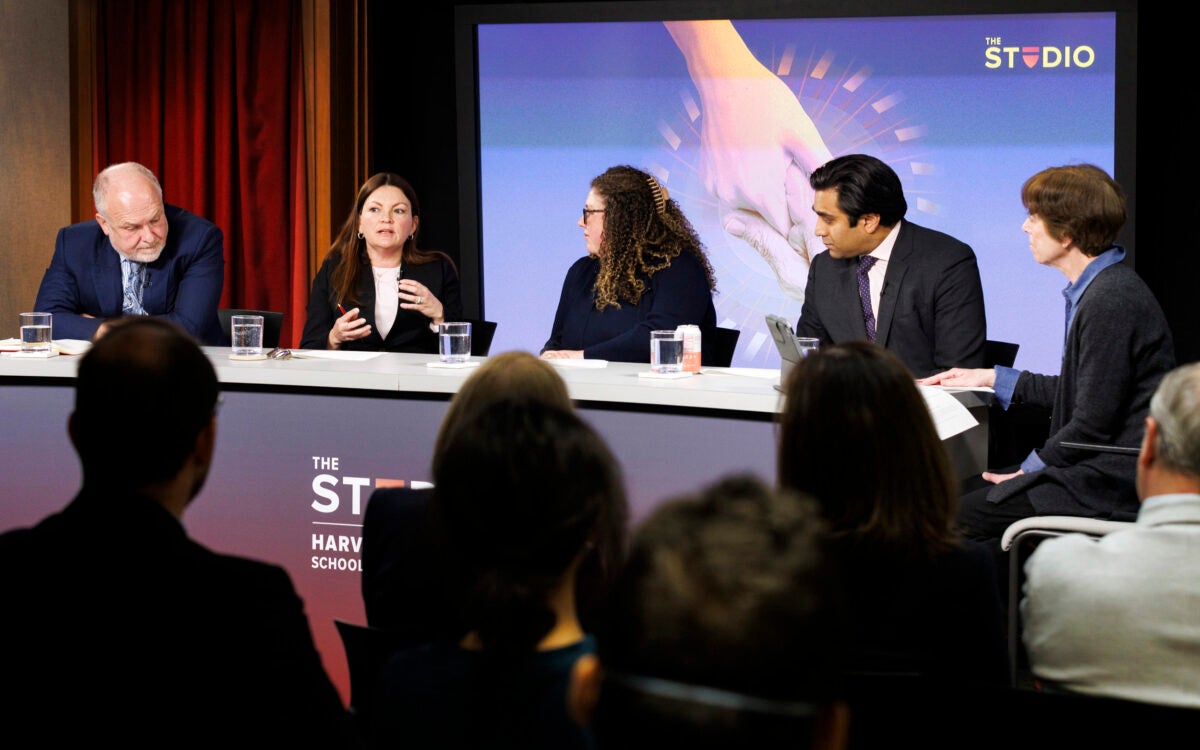Too busy for daily exercise? Study finds same benefits for ‘weekend warriors.’

Concentrating workouts tied to similarly lower heart disease and stroke risk
People for whom it’s difficult to find time to exercise during a busy work week may concentrate their moderate-to-vigorous physical activity to one to two days of the week or weekend.
In a recent analysis published in JAMA that was conducted by investigators at Massachusetts General Hospital, this “weekend warrior” pattern was associated with similarly lower risks of heart disease and stroke compared with more evenly distributed exercise.
Guidelines recommend at least 150 minutes of moderate-to-vigorous physical activity per week for overall health, but it’s unclear if concentrated exercise can provide the same benefits as more evenly distributed activity.
“Our analysis represents the largest study to address this question,” says lead author Shaan Khurshid, a faculty member in the Demoulas Center for Cardiac Arrhythmias at MGH.
Khurshid and his colleagues examined data on 89,573 individuals in the prospective U.K. Biobank study who wore wrist accelerometers that recorded their total physical activity and time spent at different intensities for a full week.
Among participants, 33.7 percent were inactive (less than 150 minutes of moderate-to-vigorous physical activity per week), 42.2 percent were active weekend warriors (at least 150 minutes with at least half achieved in one to two days), and 24 percent were active-regular (at least 150 minutes with most exercise spread out over several days).
After adjustments, both activity patterns were associated with similarly lower risks of heart attack (27 percent and 35 percent lower risks for active weekend warriors and active-regular, respectively, compared with inactive), heart failure (38 percent and 36 percent lower risks), atrial fibrillation (22 percent and 19 percent lower risks), and stroke (21 percent and 17 percent lower risks).
“Our findings suggest that interventions to increase physical activity, even when concentrated within a day or two each week, may improve cardiovascular outcomes,” says senior author Patrick T. Ellinor, acting chief of cardiology and the co-director of the Corrigan Minehan Heart Center at MGH.
The team also plans to assess whether weekend-warrior–type activity might be associated with reduced risks of a broader spectrum of diseases.
Additional co-authors include Mostafa A. Al-Alusi, Timothy W. Churchill, and J. Sawalla Guseh. This work was supported by the National Institutes of Health, the American Heart Association, the European Union, and the President and Fellows of Harvard College.




